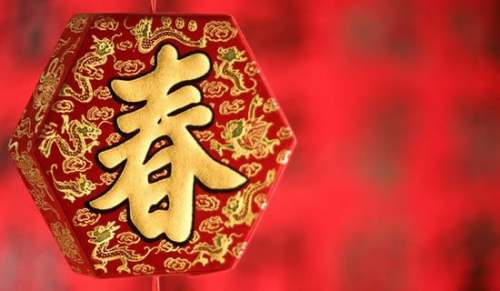- 相關(guān)推薦
英語(yǔ)作文:中國(guó)春節(jié)習(xí)俗
Waking up on New Year, everybody dresses up. First they extend greetings to their parents. Then each child will get money as a New Year gift, wrapped up in red paper. People in northern China will eat jiaozi, or dumplings, for breakfast, as they think "jiaozi" in sound means "bidding farewell to the old and ushering in the new". Also, the shape of the dumpling is like gold ingot from ancient China. So people eat them and wish for money and treasure.

Southern Chinese eat niangao (New Year cake made of glutinous rice flour) on this occasion, because as a homophone, niangao means "higher and higher, one year after another." The first five days after the Spring Festival are a good time for relatives, friends, and classmates as well as colleagues to exchange greetings, gifts and chat leisurely.
China has 56 ethnic groups. Minorities celebrate their Spring Festival almost the same day as the Han people, and they have different customs.
【英語(yǔ)作文:中國(guó)春節(jié)習(xí)俗】相關(guān)文章:
中國(guó)春節(jié)的由來(lái)與習(xí)俗08-17
中國(guó)春節(jié)傳統(tǒng)習(xí)俗作文01-28
中國(guó)的習(xí)俗作文01-28
學(xué)生作文 中國(guó)春節(jié)傳統(tǒng)習(xí)俗02-01
中國(guó)春節(jié)傳統(tǒng)習(xí)俗拜年作文02-02